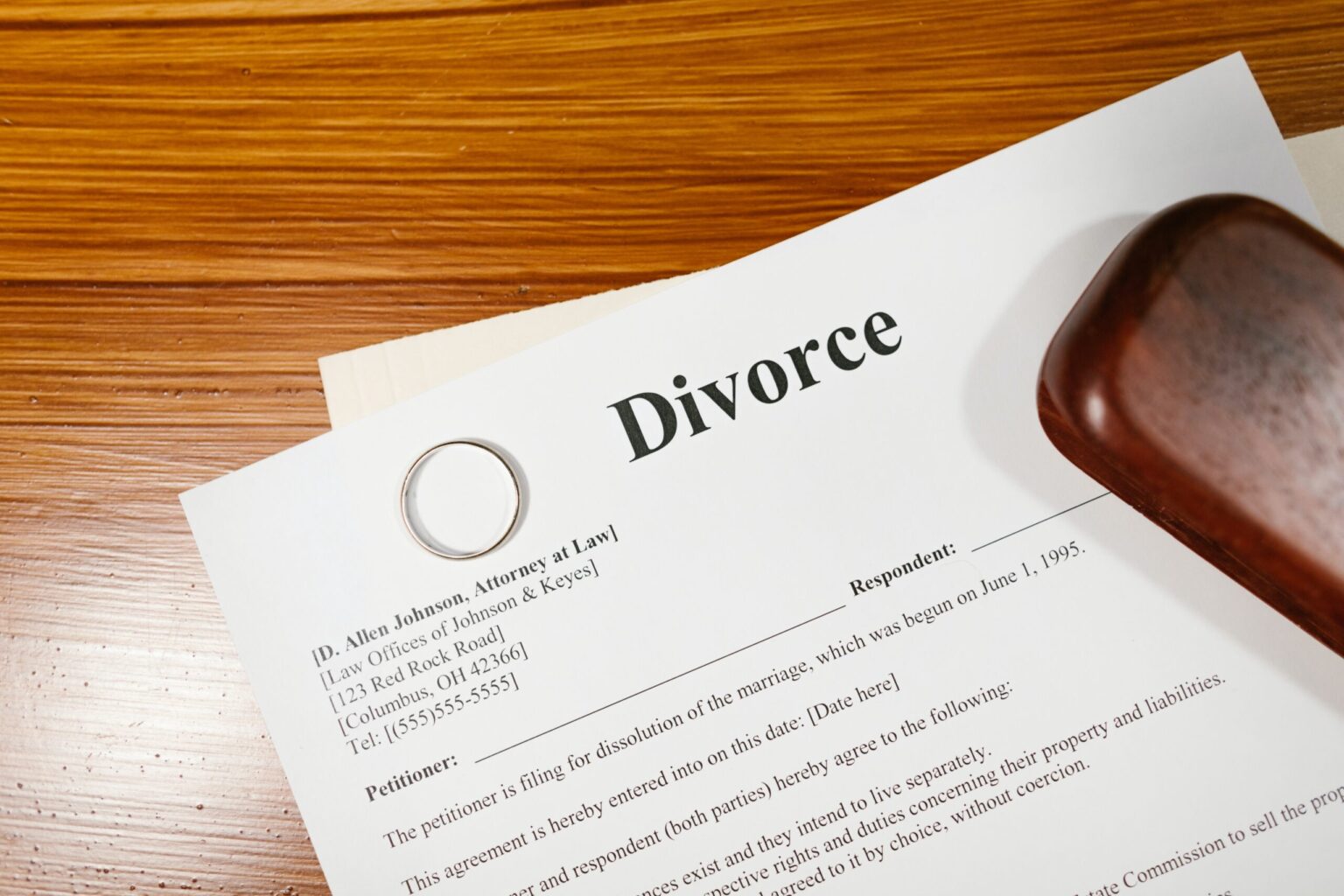As you go through the often painful and emotionally taxing process of divorce, you will need to identify the reasoning behind it before a judge can officially dissolve your marriage. Like many other states, South Carolina has two types of divorce: fault and no-fault. Understanding the differences between fault and no fault divorce in SC is essential to navigating the legal process and protecting your rights.
Fault Divorce in SC
In a fault divorce, one spouse alleges that the other spouse is responsible for the breakdown of the marriage. There are four grounds for fault divorce in South Carolina:
- Adultery: If one spouse has committed adultery, the other spouse can file for a fault divorce.
- Desertion: If one spouse has abandoned the other for at least one year, the other spouse can file for a fault divorce.
- Physical cruelty: If one spouse has physically abused the other, the other spouse can file for a fault divorce.
- Habitual drunkenness or drug abuse: If one spouse is addicted to drugs or alcohol and has been for at least one year, the other spouse can file for a fault divorce.
The spouse who files for the divorce has the burden of proving that the other spouse is at fault. This can be a difficult, time-consuming, and overwhelming process, as it may require gathering evidence and testimony from witnesses.
One benefit, however, is if the fault is confirmed, the spouse who filed for the divorce may be entitled to a larger share of assets and spousal support.
No Fault Divorce in SC
In a no-fault divorce, neither spouse is blamed for the dissolution of the marriage. Instead, one spouse must simply claim that the marriage is irretrievably broken and cannot be repaired. This is the most common type of divorce in South Carolina, and it is generally less time-consuming and less-expensive than a fault divorce.
The court will divide marital property and determine issues of spousal support based on a variety of factors, such as the length of the marriage, the earning potential of each spouse, and the contributions each spouse made to the marriage. There is no requirement to prove fault, and the court will not consider any allegations of fault in its decision-making process.
In order to obtain a no-fault divorce in South Carolina, the spouses must live apart, in separate residences, for at least one year.
Which Type of Divorce is Right for Your Circumstances?
Deciding whether to file for a fault or no-fault divorce is a personal decision that will depend on your specific situation.
If you are considering a fault divorce, you should consult with an experienced family law attorney in South Carolina to determine whether you have fault grounds and what evidence will be necessary to prove your case.
If you are considering a no-fault divorce, your next step will also be consulting with a family law attorney to ensure your rights are protected and that you receive a fair division of marital property.
Whether you decide to pursue a fault or no-fault divorce, it is important to seek the advice of a compassionate lawyer who can guide you through the process. Reach out here for counsel and guidance.



